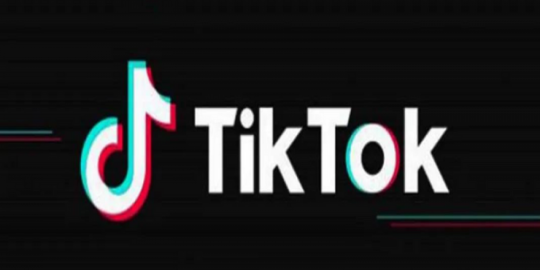
Due to the European Commission's Digital Services Act (DSA), TikTok, the well-known video-sharing platform, is being subjected to tighter online content regulations in Europe. The act has been proposed to ensure that digital services such as TikTok comply with the regulations and laws of the European Union (EU). The goal of the DSA is to establish an equitable and open digital market in the EU while safeguarding the privileges of digital service consumers.
Under the DSA, digital service providers such as TikTok would have to take responsibility for their content and be held accountable for any harmful or illegal content on their platforms. Furthermore, the DSA would also introduce stricter rules for user data protection, as well as transparency requirements for online advertising and recommendation systems. These rules would also apply to other social media platforms such as Facebook and Twitter.
The DSA could also impose restrictions on the way that digital services such as TikTok collect and use data from their users. The rules would require digital services to obtain explicit consent from their users before they can process their personal data. In addition, the regulations would necessitate that digital services give users a transparent understanding of how their data is being employed.
The new rules would also impose limits on the amount of data that digital services can collect from their users. This would prevent digital services from collecting excessive amounts of data and using it for their own gain. Additionally, the rules would also require digital services to provide users with the ability to delete their data at any time.
Creating a fair and transparent digital market in the EU, and protecting the rights of users of digital services, is an important step that is being taken through the DSA. The new rules will provide users with greater control over their data and make sure that digital services are held accountable for their content. It is hoped that these new rules will help create a safer and more secure environment for users of digital services in the EU.